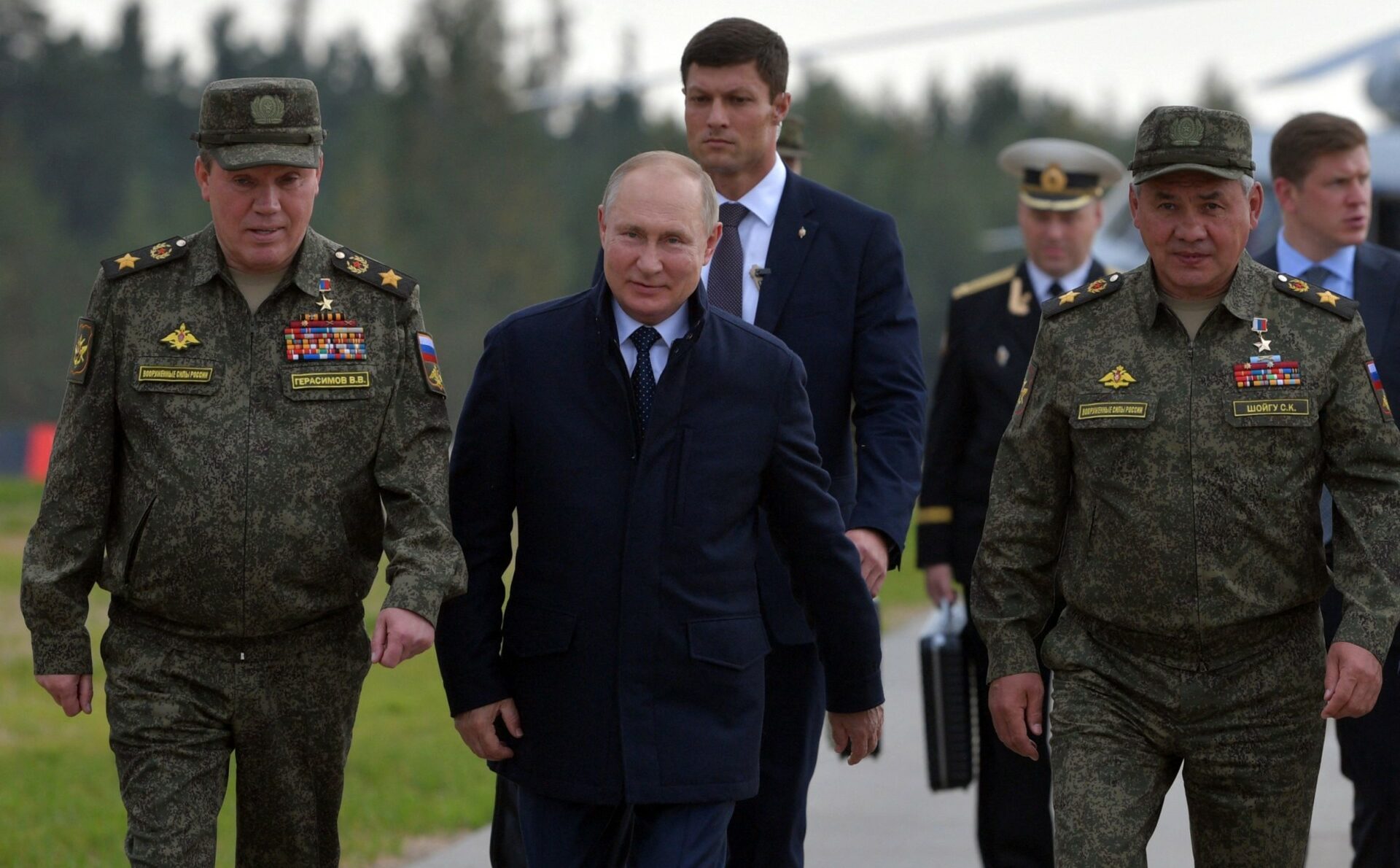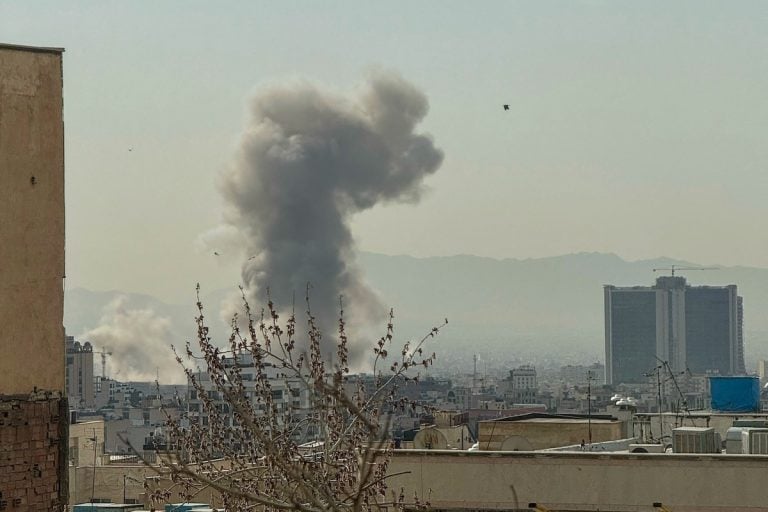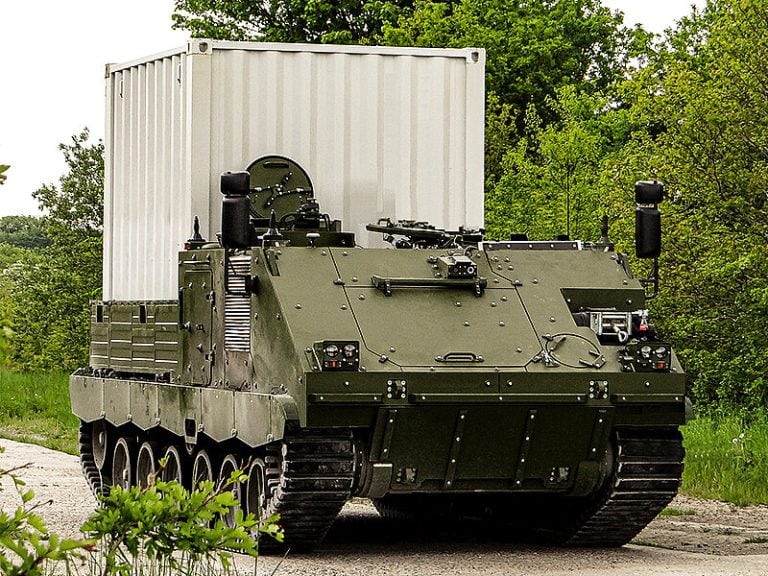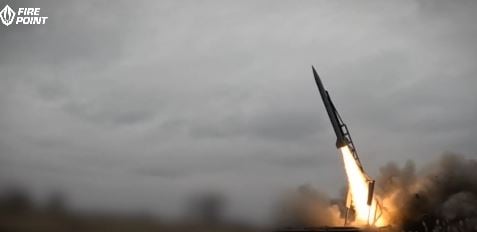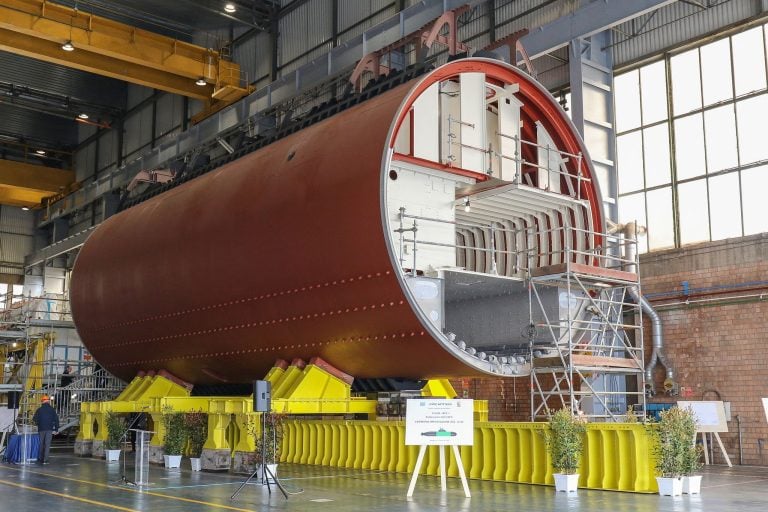The European Union has reached an agreement to implement new sanctions against Russia in response to its ongoing war in Ukraine, with a particular focus on mitigating Moscow’s oil and gas revenue sources. This decision was announced by Denmark, which currently holds the EU’s rotating presidency.
This latest sanctions package marks the 19th set of measures since Russia’s invasion of Ukraine in 2022. The move comes amid continuous efforts by European nations to maintain pressure on Russia, especially in light of shifting dynamics surrounding US peace initiatives.
Slovakia, which has been considered a Kremlin-friendly nation, initially stalled the adoption of these sanctions due to unrelated concerns over protecting its automotive industry from proposed EU climate regulations. However, Slovak Prime Minister Robert Fico reversed his position on Wednesday after securing sufficient assurances regarding the future of the car sector.
Among the key components of the new sanctions is an acceleration of the ban on liquefied natural gas imports from Russia, now effective starting in 2027, one year earlier than previously scheduled. The EU is also targeting an additional 100 vessels from what is referred to as the “shadow fleet,” a collection of older tankers allegedly utilized by Russia to bypass existing oil export restrictions.
In addition to financial measures aimed at reducing Moscow’s income, the EU is taking steps to address security concerns by imposing travel restrictions on Russian diplomats suspected of espionage activities within Europe. These new protocols require Russian diplomats to notify local authorities about any international travel they undertake.
The sanctions package is expected to be formally adopted during a session the following day, coinciding with a summit in Brussels that will feature Ukrainian President Volodymyr Zelensky engaging with EU leaders.
